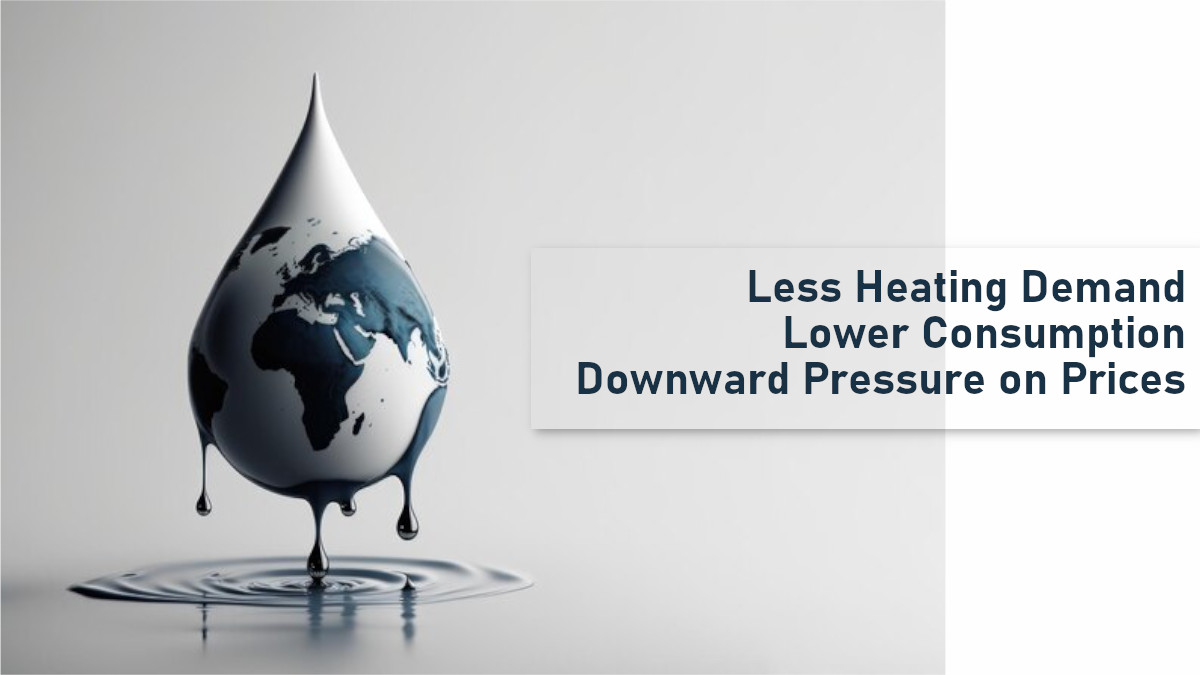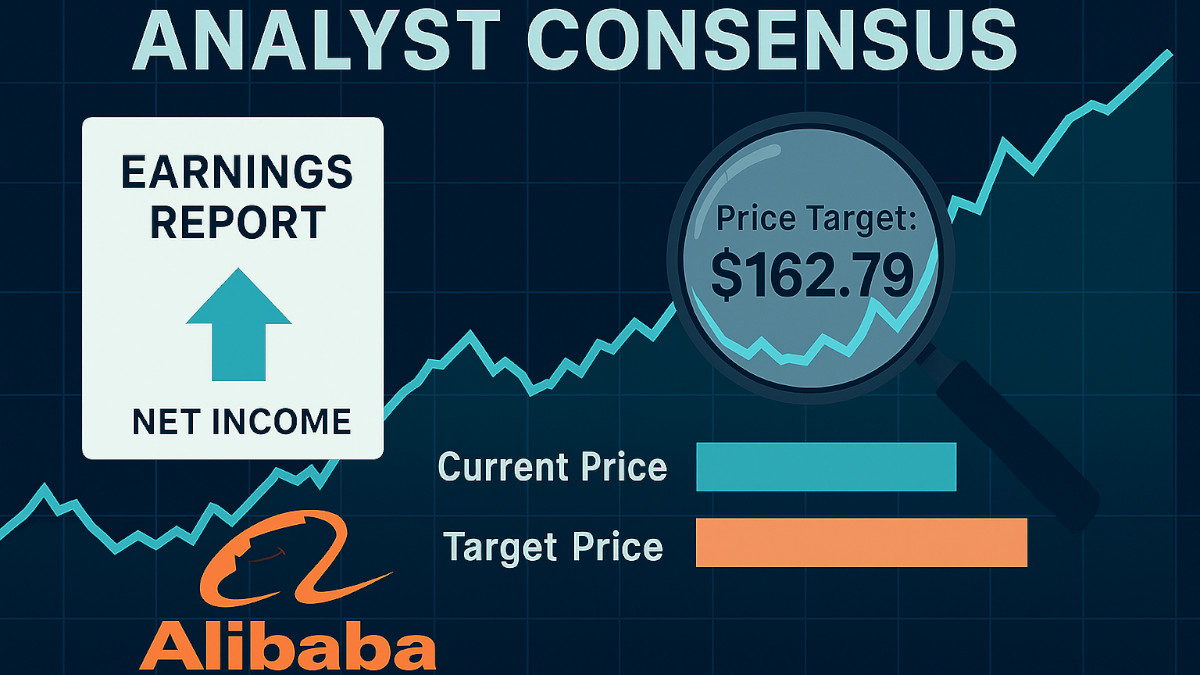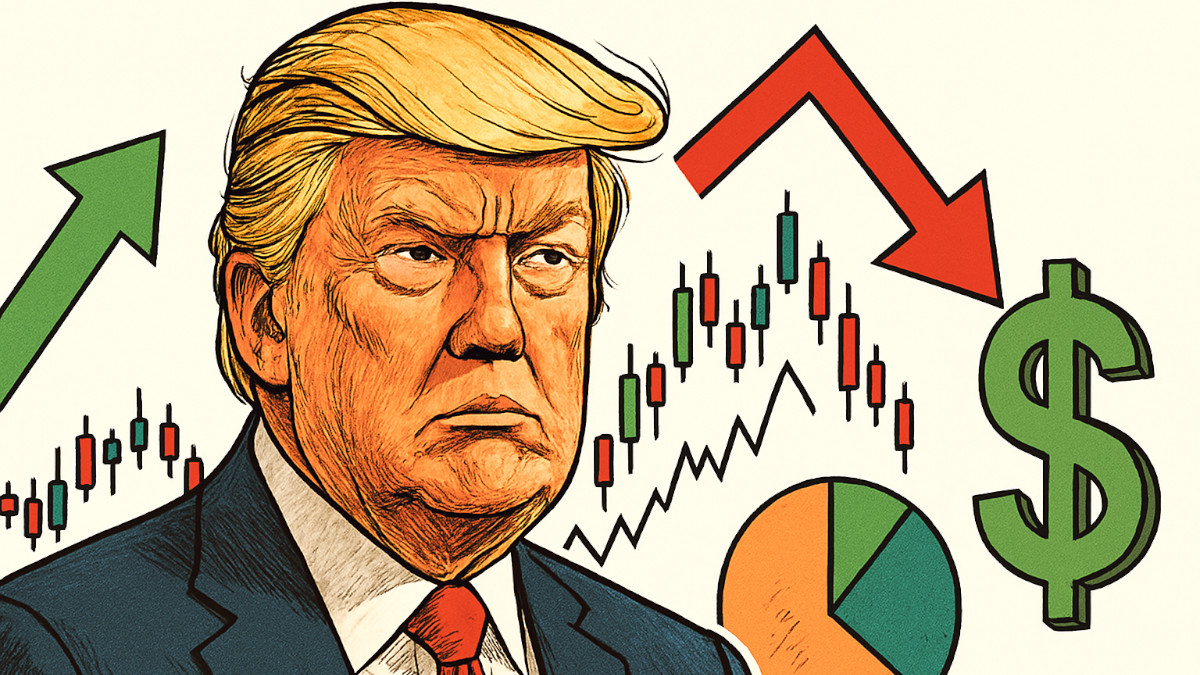- Analytics
- Trading News
- Toyota’s Strategic Moves: Accelerating EV Development and Securing Battery Supply
Toyota’s Strategic Moves: Accelerating EV Development and Securing Battery Supply

Toyota Motor Corporation, the global automotive giant, has made significant strides in the electric vehicle (EV) market. Let's analyze recent developments and see how they have impacted Toyota's plans for sustainable mobility and its strategic approach to electrification.
1. CEO Koji Sato’s Vision for EVs
Toyota's new leader, Koji Sato, is pushing the company to embrace electric vehicles (EVs) and modernize its image. In March 2023, Toyota announced a significant shift towards EVs, aiming to launch 10 new EV models by 2026 and achieve 1.5 million annual EV sales by then.
This is a major change for Toyota, a company long recognized for its leadership in hybrid technology (think Prius). However, fully electric vehicles have presented new challenges.
Sato's vision is to expedite Toyota's Battery Electric Vehicle (BEV) development through a new approach. The company has a firm commitment to achieving carbon neutrality across its entire vehicle lifecycle by 2050. To reach this goal, Toyota has set ambitious interim targets: reducing global CO2 emissions from its vehicles by 33% by 2030 and over 50% by 2035 (compared to 2019 levels).
The next generation of Toyota's BEVs will boast extended driving range and a completely different design compared to current models.
2. Investment in Battery Infrastructure
Toyota’s commitment extends beyond EV models. In December 2021, they announced a major commitment to building a strong domestic battery supply chain. The company is investing $1.3 billion in a new electric vehicle battery plant near Greensboro, North Carolina. This strategic move secures a reliable U.S. source of lithium, a key battery material. The plant is expected to create over 1,750 jobs and begin production in 2025, further solidifying Toyota's presence in the growing EV market.
3. Prime Planet Energy & Solutions Acquisition
Toyota has made a major move to secure its electric vehicle (EV) future by acquiring full ownership of Prime Planet Energy & Solutions (PPES). This joint venture, formed with Panasonic in early 2020, focuses on developing cost-effective and reliable batteries for EVs. Owning PPES outright gives Toyota direct control over battery production and technology, allowing them to shape their EV strategy more effectively.
Furthermore, PPES has secured a vital lithium supply from Ioneer Ltd's Rhyolite Ridge mining project. This strategic move ensures a reliable source of this crucial battery material, addressing a key concern in the rapidly growing EV market. By taking control of PPES and securing its lithium supply chain, Toyota is positioning itself as a strong competitor in the electric vehicle race.
4. Hybrid Approach
While Toyota accelerates its BEV development, it remains committed to its hybrid approach. Their commitment to a "balanced portfolio" is evident in their recent 8 trillion yen investment by 2030, which allocates resources to both green technologies, including further development of their successful hybrid vehicles. This strategy acknowledges the strengths of both approaches: hybrids offer proven fuel efficiency, while BEVs represent the future of electric transportation.
Bottom line
Toyota is making a series of strategic moves aimed at dominating the electric vehicle (EV) market.
Here are Toyota’s strategic steps
- Securing the Source: By acquiring full control of their battery joint venture and locking in a lithium supply, Toyota ensures a reliable flow of this crucial EV component.
- Building Infrastructure: The investment in a U.S. battery plant signifies Toyota's commitment to domestic EV production and job creation.
- Hybrid-Electric Harmony: Toyota recognizes the value of both worlds, with continued investment in hybrid technology alongside BEV innovation.
This versatile approach gives Toyota a good advantage over other competitors.







